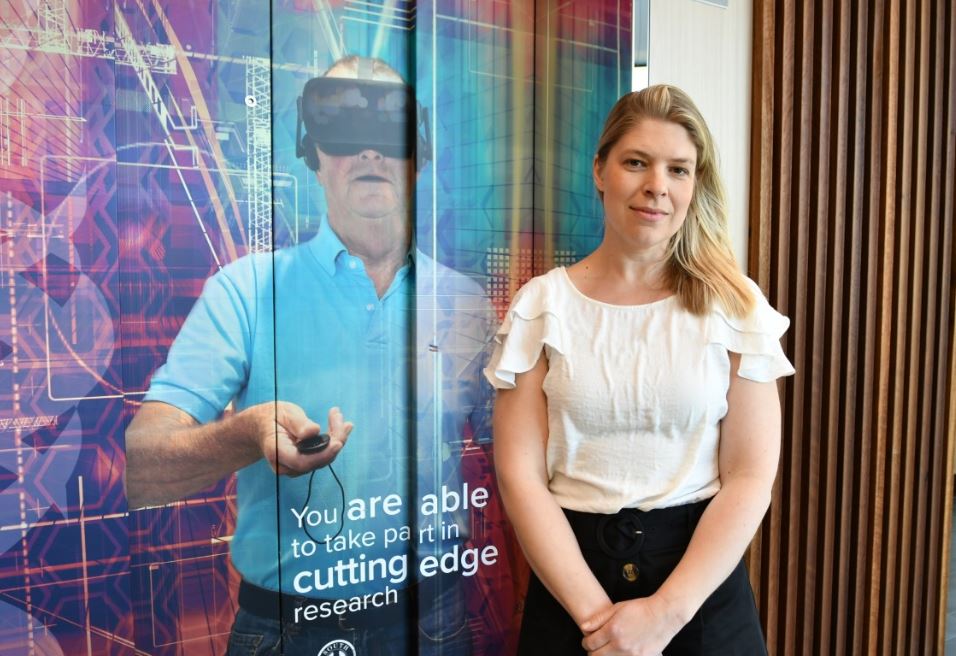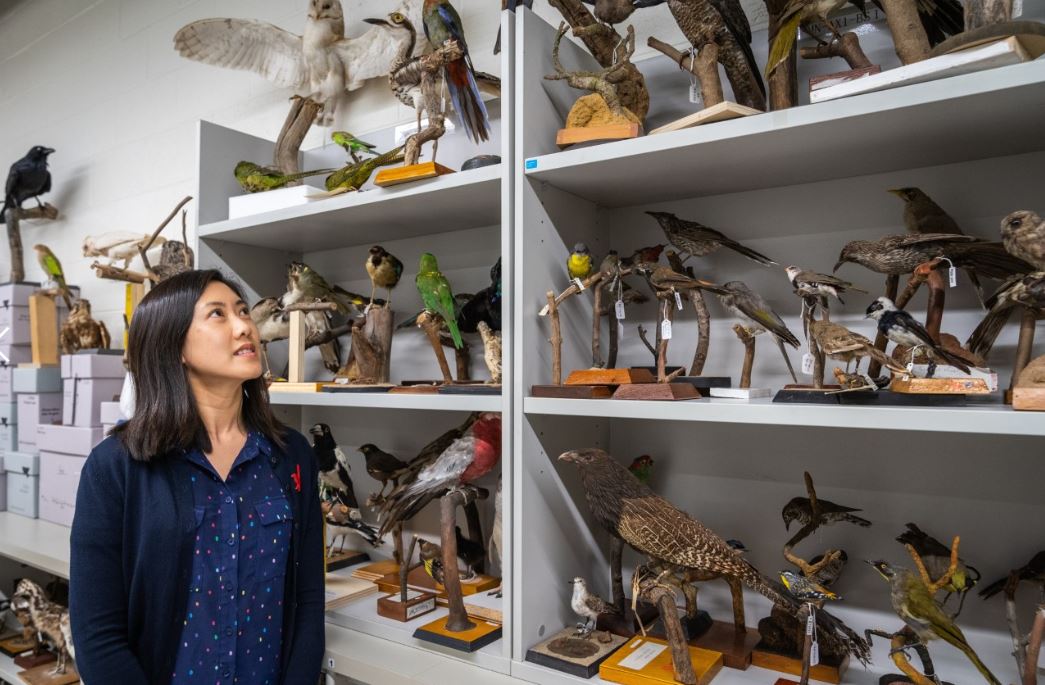
There's no place like home - particularly to age well - and an Australian Research Council grant will add to a growing range of Flinders University initiatives aiming to optimise the home environment to promote healthy ageing.
More than $800,000 in ARC Discovery Early Career Researcher Award (DECRA) funding has been granted to two Flinders University researchers, including a $418,280 grant to continue Dr Kate Laver's research into better use of technology in aged and dementia home care.
NHMRC-ARC Dementia Research Development Fellow Dr Kate Laver says falls by older people are a leading cause of hospitalisation and even premature death.
"Randomised trials have shown that home assessments completed by an occupational therapist improve function in older people and reduce the rate and risk of falls among older adults," she says.
"However, access to occupational therapy home visits is limited; they are usually available only after injury or illness and are often not available at all in rural areas."
Dr Laver and her team are working on new software to help people make self-assessments of potential risks, and occupational therapists and other experts can use these reports to make recommendations and take steps to improve safety around the house before an accident occurs.
"People prefer to remain in their own homes as they age, and the Australian Government is taking steps to support more people to remain in their own homes as long as possible," says Dr Laver, who has a background in occupational therapy.
"Simple home modifications include decluttering of overcrowded bedrooms, replacing uneven pavers and other trip hazards, and grab rails in the shower."
Increasingly, technology including 3D software, videoconferencing, digital cameras, mobile apps, artificial intelligence and even robotics will support older people with their daily activities, with simple changes sometimes able to make all the difference to health, independence and safety.
Ageing within the home is much less expensive for governments than funding residential care places, at $85,8181 the total operational cost for a residential aged care bed per year, compared to $26,382 per annum for an average home-care package.
Dementia is a public health priority. More than 400,000 Australians are living with dementia today and, without a medical breakthrough, it is estimated that up to 1.1 million Australians will be living with dementia by 2058.
At present, funding for residential aged care places costs Australia more than $12 billion a year, with an ageing population leading to growing demands for health and other services.

DECRA to explain songbird origins in Australia
Meanwhile a second new DECRA grant ($392,132) has this week been awarded tor Australian Museum researcher Dr Jacqueline ('Jackie') Nguyen to move to Flinders University next year who investigate Australia's key role in the evolution of songbirds.
Songbirds have their genesis in Australia and now comprise more than half of the world's birds. "Half of the world's birds can trace their history back to Australian ancestors, which is really cool," says Dr Nguyen, who is currently Scientific Officer in Ornithology Research and adjunct associate lecturer at UNSW Sydney.
"If you look at the songbird family tree, all of the earliest branches of the songbird family tree are made up of bird groups that are unique to, or mainly found, in Australia. This includes lyrebirds, bowerbirds, fairywrens and honeyeaters."
Dr Nguyen's project (DE200101222) seeks to unravel the mystery by combining fossil, morphological and genomic data to describe early songbird diversity in Australia, reconstruct the evolutionary relationships of fossil species, estimate the timescale of their diversification and resolve the timing and nature of key evolutionary changes in songbirds.
Working with Flinders vertebrate palaeontologists Professor Mike Lee and Association Professor Trevor Worthy, the new project is expected to make significant advances in our understanding of a major component of Australia's and the world's most colourful and interesting fauna.
"Dr Nguyen is one of a handful of people in the world with expertise on the anatomy of living and fossil songbirds," says Matthew Flinders Research Fellow Professor Lee, who works at Flinders Palaeontology and the South Australian Museum.
"Her research into the evolution of this charismatic group will 'dovetail' perfectly into the palaeontological and anatomical research being conducted by the Flinders Palaeontology group," he says.
The three-year projects were part of the Australian Government's announcement of $81.8 million to fund 200 research projects through the DECRA program.






